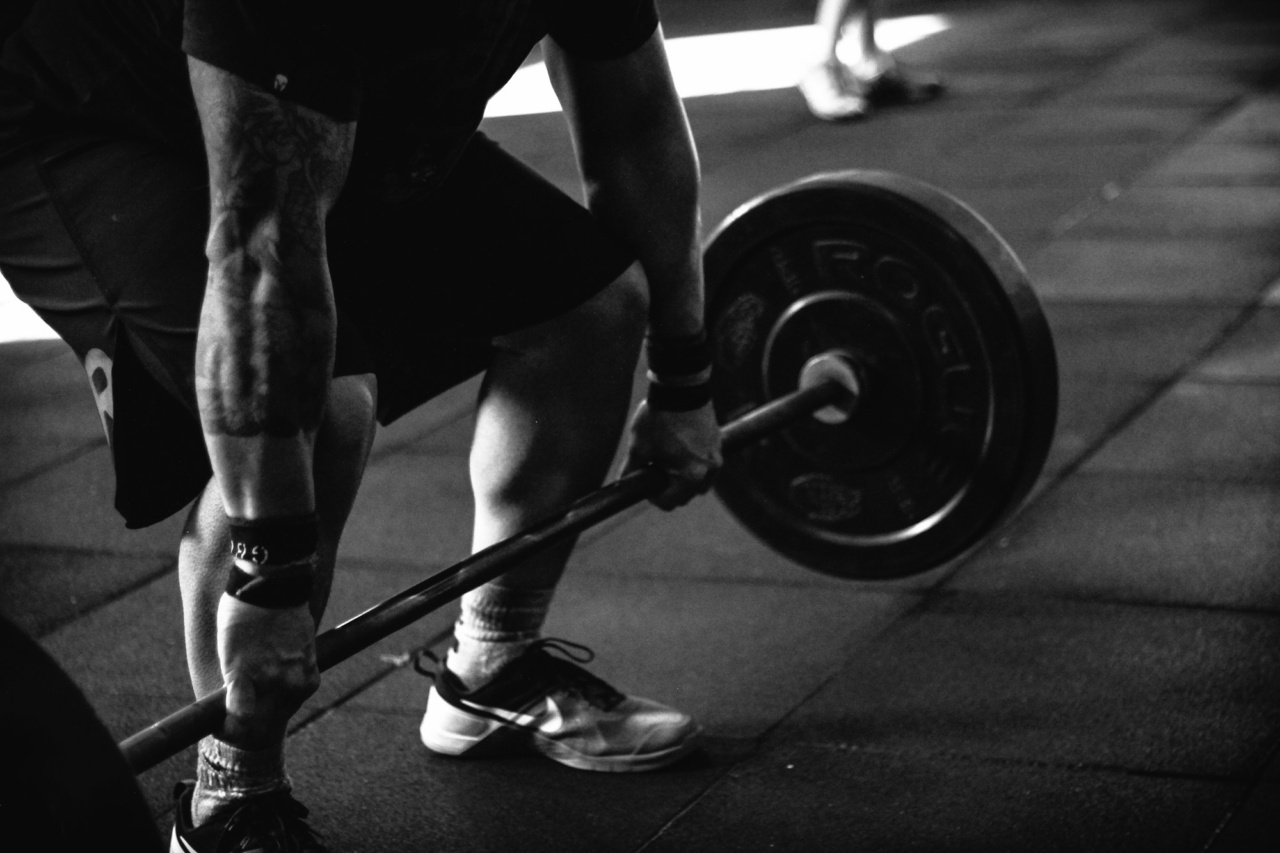Gaining muscle is not just about heavy lifting and high protein diets. Recovery is equally as important when it comes to building muscle. Recovery allows your body to repair and grow stronger, making it crucial for achieving your muscle-building goals.
What is Recovery?
Recovery refers to the process of repairing and restoring the body after exercise. This involves allowing your muscles to rebuild, replenishing your energy stores, and repairing any tissue damage caused by workouts.
There are several ways to aid recovery after exercise, including active recovery, rest days, and proper nutrition. Implementing these recovery strategies into your training routine can help you achieve better muscle gains and overall health.
Active Recovery
Active recovery refers to low-intensity exercise that is performed after a workout to promote blood flow and circulation. Activities like stretching, yoga, or light cardio can help to flush out metabolic waste and reduce muscle soreness.
Active recovery can also help to speed up recovery time by promoting the delivery of nutrients and oxygen to your muscles. This can enhance muscle repair and growth, leading to greater muscle gains over time.
Rest Days
Rest days are an essential part of any training program. Taking time off from exercise allows your body to rest and recover, which is essential for muscle growth.
Overtraining can lead to injury and hinder muscle gains, so incorporating rest days is important for keeping your body healthy and strong.
Rest days should be taken regularly throughout your training program, with at least one day off per week. This allows your body to recharge and repair, so you can continue to achieve your goals safely and effectively.
Proper Nutrition
Nutrition is a crucial component of recovery, as it provides your body with the necessary nutrients to repair and grow muscle tissue. A diet rich in protein, carbohydrates, and healthy fats can help to promote muscle repair and recovery.
Protein is crucial for muscle growth, as it provides the building blocks for muscle tissue. Carbohydrates provide energy for your workouts and help to replenish glycogen stores, which are depleted during exercise.
Healthy fats provide essential fatty acids, which are important for overall health and wellness.
Ensuring that you are adequately fueling your body with the necessary nutrients can help to speed up recovery time and promote greater muscle gains.
Importance of Sleep
Sleep is often overlooked when it comes to recovery. However, getting enough sleep is crucial for muscle growth and overall health. During sleep, your body releases growth hormone, which is essential for muscle repair and growth.
Additionally, sleep helps to reduce cortisol levels, which are elevated during exercise and can lead to muscle breakdown. Getting enough restful sleep can help to reduce stress on your body, leading to faster recovery and better muscle gains.
Hydration
Hydration is an important part of recovery, as it helps to transport nutrients throughout your body and flush out metabolic waste. Drinking plenty of water can help to reduce muscle soreness and inflammation, leading to faster recovery times.
Additionally, staying hydrated can help to prevent injury by keeping your muscles and joints lubricated. Ensuring that you are drinking enough water throughout the day can help to promote better overall health and wellness.
Stretching and Foam Rolling
Stretching and foam rolling are additional recovery methods that can help to reduce muscle soreness and improve flexibility. Stretching helps to lengthen muscle tissue, reducing tension and promoting blood flow.
Foam rolling helps to break up adhesions in muscle tissue, reducing inflammation and soreness.
Incorporating stretching and foam rolling into your recovery routine can help to promote muscle repair and reduce the risk of injury.
Conclusion
Recovery is a crucial component of muscle building, as it allows your body to repair and grow stronger.
Implementing active recovery, rest days, proper nutrition, sleep, hydration, stretching, and foam rolling into your training routine can help to promote muscle repair and growth.
Overtraining and neglecting recovery can lead to injury and slow down your progress, so it is important to prioritize rest and recovery for optimal muscle gains.






























